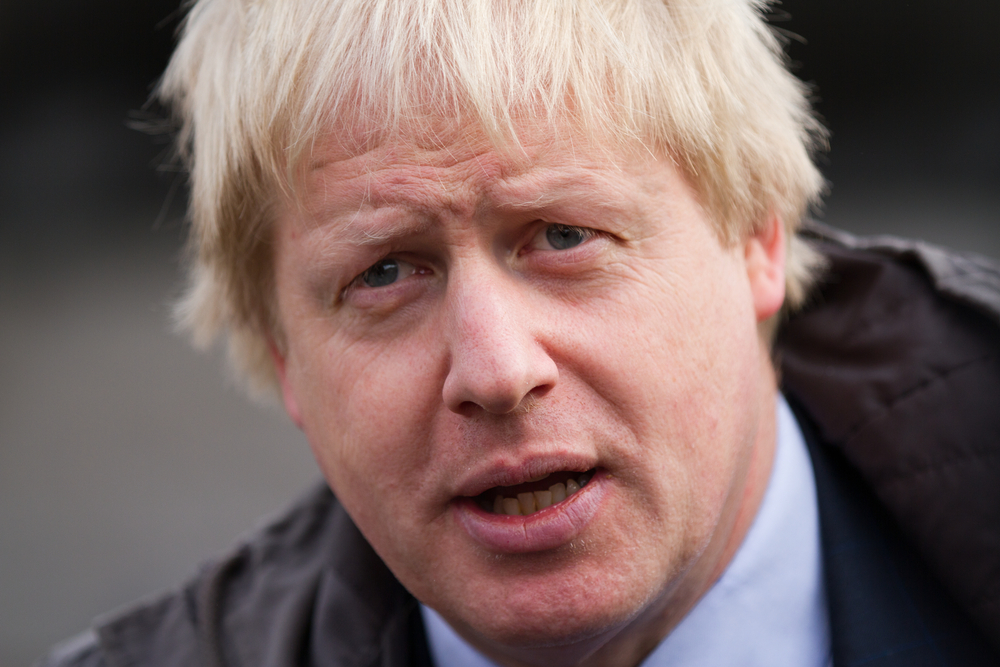News
‘Higher inflation for longer’ as PM survives confidence vote

Boris Johnson won last night’s confidence vote. But to maintain political support, he may implement policies which could mean higher inflation for longer, according to an economic consultancy.
The Prime Minister gained a majority 211 votes (59%) to 148 (41%) in the ballot held last night which asked Conservative MPs whether they have confidence in his leadership of the party.
Under current rules, this means there can’t be another vote within 12 months, so Johnson is likely to remain as the Prime Minister for the foreseeable future.
But if we look at similar political events in the past, Johnson’s win wasn’t a “resounding victory”. A confidence vote for Theresa May in 2019 gained 63%, John Major in 1995 was backed by 66% while Margaret Thatcher in 1990 saw 57% support her leadership.
History also shows that Prime Ministers rarely last long after winning a vote of confidence – May resigned four months later, Thatcher just two days later, while Major lost the election two years later.
Paul Dales, chief UK economist at Capital Economics, said Johnson “doesn’t seem like the resigning type”, so after winning the confidence vote, he may “double down on Brexit” and “loosen fiscal policy further to try to boost his political standing”.
“That may result in a weaker pound, a stronger economy and higher inflation for longer, which would support our view that the Bank of England will raise interest rates from 1% to 3% next year”, he said.
Dales added: “The implications for the economy and the financial markets are not as big as after May’s vote of confidence and resignation in 2019. Back then, the Conservative party was deciding whether to pursue a soft or hard Brexit (it chose Johnson’s hard Brexit) and, as well as pricing in the risk of a no-deal Brexit, the markets had to factor in the possibility of a far-left government led by Jeremy Corbyn.
“Now the issues are about tweaks to the implementation of Brexit (i.e. the Northern Ireland Protocol) and the alternative government is Keir Starmer’s more centre-left Labour Party. So, the possible implications for the pound and the economy are smaller by comparison. Even so, Johnson (and Rishi Sunak assuming he remains chancellor) may respond to this near miss by trying to shore up his political support by taking a hard-line in the negotiations of the Brexit Northern Ireland Protocol and loosening fiscal policy further to help households through the cost-of-living crisis.
“Both would add to the current inflationary pressure, the former by leaving the pound weaker than otherwise and the latter by supporting economic demand by more than otherwise. That would put yet more onus on the Bank of England to continue raising interest rates. Our view that rates will rise to 3% envisages more hikes than most other forecasters and the financial markets.”
Frédérique Carrier, head of investment strategy in the British Isles and Asia at RBC Wealth Management, said: “The PM has survived the no confidence vote, but the number of Conservative MPs who voted against him is substantial enough to weaken his position further. This is unlikely to be the end of turmoil and the victory is not clear enough to draw a line under the past few months.
“We think this increases the possibility of further stimulus measures as the PM attempts to improve his popularity. Chancellor Sunak’s recent £15bn stimulus package, led expectations for the year end Bank Rate to reach 2.3%. Any further such supportive measures would likely boost further the Bank Rate year end expectations.”